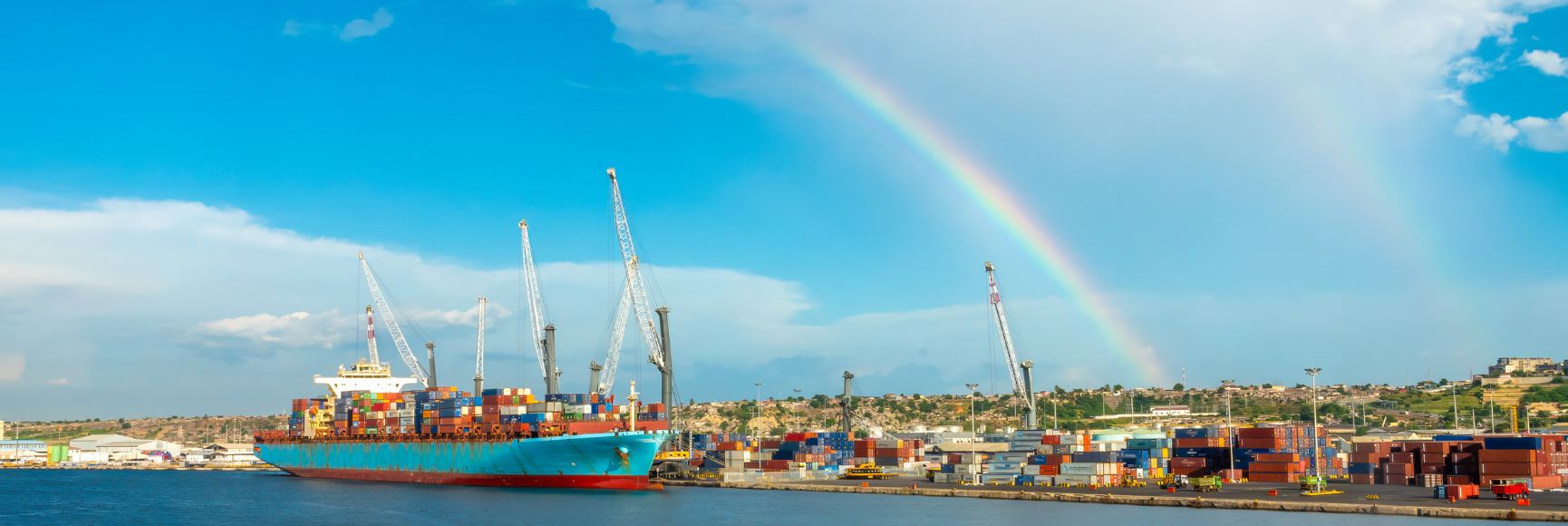
Posted by Matthieu Sarda[1]
The implementation of a treasury single account (TSA) is recognized as a core PFM reform. It allows countries to plan and manage their financial commitments by mobilizing resources more easily. Yet, as crucial as a TSA may be, its implementation has proved challenging in the eight West Africa Economic and Monetary Union (WAEMU) countries[2]. The reasons are political rather than technical. Public entities characteristically fear that by transferring funds to the TSA they will lose of control of the resources they manage.
There is some justification for these concerns. In many WAEMU countries, the management and use of public funds is less than optimal. Public entities such as établissements publics make extensive use of non-tax revenues and other own-resources to bolster their finances, and typically manage these resources through independent commercial bank accounts. This violates the basic principles of budget unity and universality. The present arrangements have two main consequences:
- A lack of cash resources for central governments, paradoxically forcing them to borrow from commercial banks. This creates a significant opportunity cost in the form of interest paid to the banks, particularly to the primary dealers of government securities.
- A loss of central control over the resources used by établissements publics and other public agencies.
To address these issues, WAEMU governments, including in Niger, have introduced a legal obligation for public entities to deposit funds in the TSA held by the BCEAO[3], WAEMU’s central bank. Compliance with this obligation, which results from the transposition of WAEMU directives,[4] will require the closure of existing accounts in commercial banks and repatriation of their balances to the TSA.
The example of Niger casts light on four critical challenges.
- Is the banking system able to withstand a significant drop in liquidity? This question can be answered through stress tests performed by the BCEAO to measure the impact of a large capital withdrawal on the viability of each country’s banking system (especially on the banks’ equity) and the banks’ ability to comply with solvency ratios. In Niger, the stress test revealed that a withdrawal of public funds, if staged and concerted with commercial banks, should not jeopardize the stability of the banking system.
- Is the TSA reform acceptable to both commercial banks and public entities? To avoid the risk that an abundant and sustained flow of resources will dry up, commercial banks may be reluctant to cooperate with the Ministry of Finance, using accounting tricks to hide some of their public sector accounts. And établissements publics have claimed that the special nature of their activities justifies an exemption from the law. The authorities in Niger have developed a communication strategy which explains how the TSA is the first step toward an optimized cash and debt management system that will enhance the liquidity of the debt market. This will greatly benefit the banks. The strategy also guarantees that public entities will not be denied access to their own resources.
- How to deal with accounts with negative balances? Commercial banks have refused to record losses related to the closure of such accounts. How should countries participating in the TSA reform respond? In the case of Niger, for example, overdrafts have been securitized. Such a solution, however, requires the authorities to evaluate the potential consequences of too much securitization on the fiscal deficit.
- Are Treasury Departments able to provide banking services at least equivalent to those offered by commercial banks? In Niger, regional payment solutions (named SICA and STAR) would offer public entities access to modern payment methods and flexible execution of operations. But much remains to be done to encourage public entities to accept migration to the TSA. In theory, an alternative approach to consider would be for public funds to continue to be managed by the commercial banks, but with a daily automatic clearing of balances through the TSA, as happens in many Anglophone systems. Yet, under typical Francophone PFM systems, public entities already have sub-accounts opened in the accounts of the Treasury (comptes de dépôt de fonds au Trésor). Such sub-accounts could easily be converted into bank accounts while keeping them in the Treasury, who would then be able to monitor closely all relevant transactions of public entities, including the collection and use of own resources.
A Treasury-centered model is thus likely to persist in WAEMU (and CEMAC) countries. It would be interesting to explore avenues for further coordination between member countries; and to develop a common diagnostic tool that could produce relevant technical, regulatory and financial recommendations.
[1] IMF Resident PFM Advisor in Niger.
[2] Namely, Benin, Burkina Faso, Cote d’Ivoire, Guinea-Bissau, Mali, Niger, Senegal, and Togo.
[3] La Banque Centrale des États de l’Afrique de l’Ouest, based in Dakar, Senegal.
[4] Directive n°07/2009/CM/UEMOA on the general accounting rules within WAEMU, art 58.
Note: The posts on the IMF PFM Blog should not be reported as representing the views of the IMF. The views expressed are those of the authors and do not necessarily represent those of the IMF or IMF policy.





